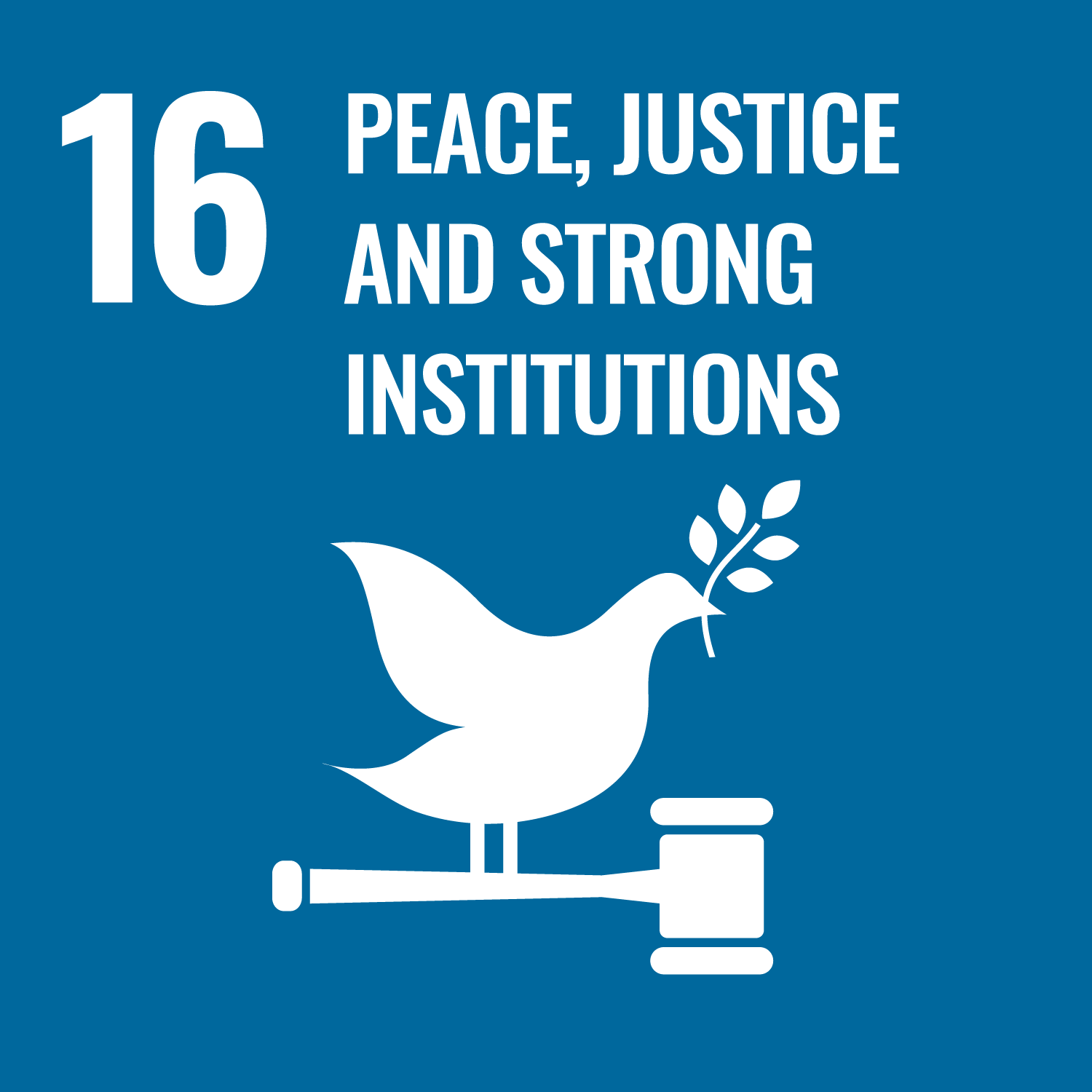ORCID
- Rod Sheaff: 0000-0002-7984-2627
- Alex Gibson: 0000-0003-2761-2819
- Jonathan Clark: 0000-0002-8385-7223
- Sheena Asthana: 0000-0002-1483-2719
Abstract
Background: As a matter of policy, voluntary, community and social enterprises contribute substantially to the English health and care system. Few studies explain how the National Health Service and local authorities commission them, what outputs result, what contexts influence these outcomes and what differentiates this kind of commissioning. Objectives: To explain how voluntary, community and social enterprises are commissioned, the consequences, what barriers both parties face and what absorptive capacities they need. Design: Observational mixed-methods realist analysis: exploratory scoping, cross-sectional analysis of National Health Service Clinical Commissioning Group spending on voluntary, community and social enterprises, systematic comparison of case studies, action learning. Social prescribing, learning disability support and end-of-life care were tracers. Setting: Maximum-variety sample of six English local health and care economies, 2019–23. Participants: Commissioning staff; voluntary, community and social enterprise members. Interventions: None; observational study. Main outcome measures: How the consequences of commissioning compared with the original aims of the commissioners and the voluntary, community and social enterprises: predominantly qualitative (non-measurable) outcomes. Data sources: Data sources were: 189 interviews, 58 policy and position papers, 37 items of rapportage, 692,659 Clinical Commissioning Group invoices, 102 Freedom of Information enquiries, 131 survey responses, 18 local project group meetings, 4 national action learning set meetings. Data collected in England during 2019–23. Results: Two modes of commissioning operated in parallel. Commodified commissioning relied on creating a principal–agent relationship between commissioner and the voluntary, community and social enterprises, on formal competitive selection (‘procurement’) of providers. Collaborative commissioning relied on ‘embedded’ interorganisational relationships, mutual recognition of resource dependencies, a negotiated division of labour between organisations, and control through persuasion. Commissioners and voluntary, community and social enterprises often worked around the procurement regulations. Both modes were present everywhere but the balance depended inter alia on the number and size of voluntary, community and social enterprises in each locality, their past commissioning experience, the character of the tracer activity, and the level of deprivation and the geographic dispersal of the populations served. The COVID-19 pandemic produced a shift towards collaborative commissioning. Voluntary, community and social enterprises were not always funded at the full cost of their activity. Integrated Care System formation temporarily disrupted local co-commissioning networks but offered a longer-term prospect of greater voluntary, community and social enterprise influence on co-commissioning. To develop absorptive capacity, commissioners needed stronger managerial and communication capabilities, and voluntary, community and social enterprises needed greater capability to evidence what outcomes their proposals would deliver. Limitations: Published data quality limited the spending profile accuracy, which did not include local authority commissioning. Case studies did not cover London, and focused on three tracer activities. Absorptive capacity survey was not a random sample. Conclusions: The two modes of commissioning sometimes conflicted. Workarounds arose from organisations’ embeddedness and collaboration, which the procurement regulations often disrupted. Commissioning activity at below its full cost appears unsustainable. Future work: Spending profiles of local authority commissioning; analysis of commissioning in London and of activities besides the present tracers. Analysis of absorptive capacity and its consequences, adjusting the concept for application to voluntary, community and social enterprises. Comparison with other health systems’ commissioning of voluntary, community and social enterprises.
DOI Link
Publication Date
2024-10-01
Publication Title
Health and Social Care Delivery Research
Volume
12
Issue
39
ISSN
2755-0060
Deposit Date
2024-11-29
Funding
This award was funded by the National Institute for Health and Care Research (NIHR) Health and Social Care Delivery Research programme (NIHR award ref: NIHR128107) and is published in full in Health and Social Care Delivery Research; Vol. 12, No. 39. See the NIHR Funding and Awards website for further award information.
Additional Links
Keywords
COVID-19, CROSS-SECTIONAL STUDIES, PATIENT AND PUBLIC INVOLVEMENT, PERSUASIVE COMMUNICATION, POLICY, SOCIALISED MEDICINE, STATE MEDICINE, VOLUNTARY ORGANISATIONS
First Page
1
Last Page
180
Recommended Citation
Sheaff, R., Ellis Paine, A., Exworthy, M., Gibson, A., Stuart, J., Jochum, V., Allen, P., Clark, J., Mannion, R., & Asthana, S. (2024) 'Consequences of how third sector organisations are commissioned in the NHS and local authorities in England: a mixed-methods study', Health and Social Care Delivery Research, 12(39), pp. 1-180. Available at: 10.3310/NTDT7965


